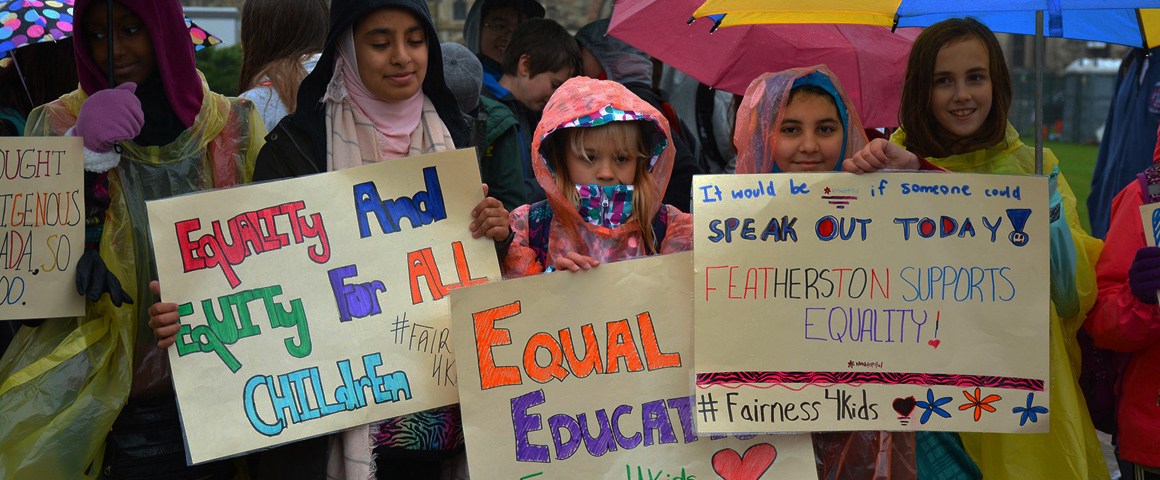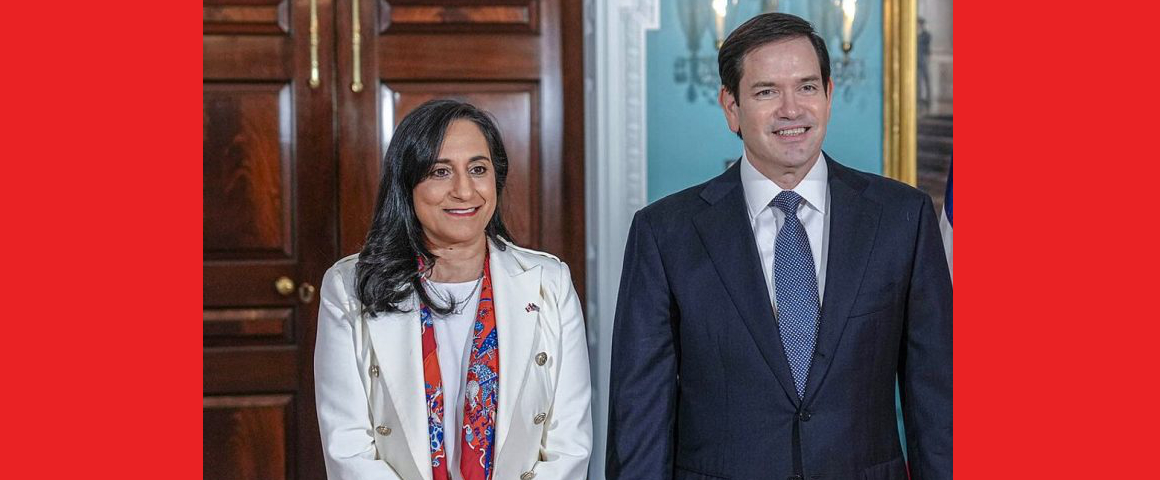For the fourth time in two years, the Canadian Human Rights Tribunal has ordered the federal government to comply with its orders to stop removing children from indigenous families. While paying lip service to demands for action on this longstanding crisis, the Liberals have continued the strategy of previous governments by seeking ways to delay such compliance.
In a decision released on Feb. 1, the Tribunal again ordered the government of Canada to address several aspects of funding for First Nation child welfare agencies, with the goal of eliminating racial discrimination. The Tribunal noted that the manner in which Canada limits funding for prevention services is not an acceptable fiscal or social policy and is harming First Nations children as a result.
Assembly of First Nations (AFN) National Chief Perry Bellegarde said immediate relief for First Nations children and families must be the next urgent step in child welfare reform, and the government must work together with First Nations on this latest compliance order.
“Nothing short of immediate action will suffice at this point,” said Bellegarde. “Our children deserve justice and fairness. We need immediate relief for children in care and we must stop ripping families apart – not tomorrow, not in six months, not in one year but today. First Nations are ready to move. This latest Tribunal order clearly states that Canada has to stop stalling and making excuses for inaction. Children are being apprehended every day. Every day matters in this struggle for our children. The Government of Canada must respect the orders of its own Human Rights Tribunal.”
The compliance order followed a Jan. 25-26 emergency meeting on child welfare reform, called by Minister of Indigenous Services Jane Philpott, involving the federal government, provinces and territories, as well as First Nations, Métis and Inuit leaders and experts.
In May 2017 the Tribunal ordered Canada to fully implement “Jordan’s Principle” by applying it to all First Nations children in need of care, regardless of where they reside, and set out a number of directives and timelines for Canada to comply. “Jordan’s Principle” is named after Jordan Anderson, a five-year-old boy who died in hospital in 2005 while Ottawa and Manitoba argued over which government should cover the medical costs of moving him to foster care.
Two previous non-compliance orders were issued by the Tribunal in April 2016 and September 2016. The Tribunal found that the government’s provision of First Nations child welfare services to over 165,000 children created “perverse incentives” to place First Nations children in foster care and failed to reflect their distinct needs and circumstances. The Tribunal also found Canada’s narrow interpretation of Jordan’s Principle was discriminatory on the basis of race and national ethnic origin.
The AFN and the First Nations Child and Family Caring Society (led by Cindy Blackstock) jointly filed the complaint with the Tribunal in February 2007, saying the provision of First Nations child and family services by the Department of Indian and Northern Affairs was flawed, inequitable and thus discriminatory under the Canadian Human Rights Act.
In its latest ruling, the Tribunal states, “It is important to look at this case in terms of bringing Justice and not simply the Law, especially with reconciliation as a goal. This country needs healing and reconciliation and the starting point is the children and respecting their rights. If this is not understood in a meaningful way, in the sense that it leads to real and measurable change, then, the TRC and this Panel’s work is trivialized and unfortunately the suffering is borne by vulnerable children.
“Given the recognition that a Nation is also formed by its population, the systematic removal of children from a Nation affects the Nation’s very existence. The building of a Nation-to-Nation relationship cannot be more significant than by stopping the unnecessary removal of Indigenous children from their respective Nations. Reforming the practice of removing children to shift it to a practice of keeping children in their homes and Nations will create a channel of reconciliation. This is the true spirit of reconciliation. This is the goal. This is hope. This is love in action. This is justice.”
While Philpott has promised to implement the latest Tribunal order, her government’s foot-dragging has sparked widespread anger among indigenous peoples in Canada, many whom voted Liberal in 2015 to help defeat the racist Harper Tories.
Despite Justin Trudeau’s promise of quick action to tackle the crisis of lack of clean drinking water, over 100 indigenous reserves and communities remain under “boil water” advisories, and the much-touted National Inquiry into Murdered and Missing Indigenous Women and Girls is far behind schedule. The PM’s backing for energy pipeline projects has made a mockery of his pledges to implement “nation-to-nation” relationships and to be guided by the UN Declaration on the Rights of Indigenous Peoples.




